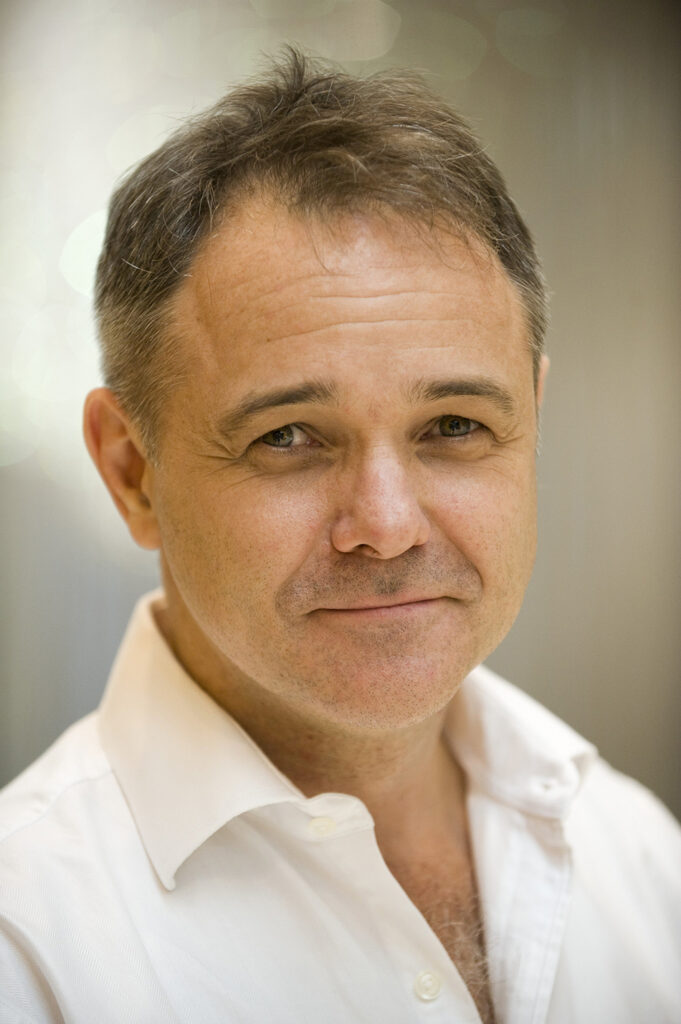
Jeremy Farrar, director of the Wellcome Trust, one of the largest nongovernmental science funders, will step down early next year to become the chief scientist at the World Health Organization (WHO). He will replace Soumya Swaminathan, the first person to hold the post. Swaminathan, a paediatrician, announced last month that she would be leaving to focus on public health in India. https://www.science.org/content/article/jeremy-farrar-leaves-top-job-wellcome-trust-become-chief-scientist-who?
During Farrar’s decade at the helm of Wellcome, the organization’s focus has broadened from basic biomedical science to global health concerns, including mental health, the health effects of climate change, and infectious diseases. During the devastating Ebola outbreak in West Africa in 2014–15, Wellcome funded a series of ground breaking vaccine and treatment trials. At the time, Farrar criticized WHO—and the rest of the world—for not acting fast enough to stem the outbreak.
Trained as a neurologist before focusing on infectious diseases for most of his career, Farrar will now lead the agency’s science division. “Jeremy will accelerate our efforts to ensure WHO, its Member States and our partners benefit from cutting-edge, life-saving science and innovations,” WHO Director-General Tedros Adhanom Ghebreyesus said in a statement. Swaminathan, who took the job 9 months before COVID-19 emerged, also spent considerable time as one of the public faces of WHO’s pandemic response.
Princeton University health economist Janet Currie says WHO has made an “excellent” choice. “Dr Farrar is a superb scientist who has experience in all of the relevant aspects of the job,” she writes in an email, “from managing a lab in the field to his leadership of the Wellcome Trust.” He also has the political skills, Currie says, “to navigate the competing interests of [WHO’s member states] in order to focus on what the science has to say.”
Farrar spent nearly 2 decades leading a University of Oxford research group, partly funded by Wellcome, at a hospital in Ho Chi Minh City, Vietnam. There, he and his colleagues studied dengue, tuberculosis, typhoid, and other tropical diseases. In 2004, the group also helped identify one of the first patients in an outbreak of H5N1 avian influenza in humans and then studied the clinical characteristics of the disease as well as the impact of oseltamivir, an antiviral drug.
During the COVID-19 pandemic, Farrar has been outspoken in his support for measures to reduce transmission of SARS-CoV-2. He served on the U.K. Scientific Advisory Group for Emergencies until late October 2021, frequently criticizing the government when it delayed responding to rising cases with more stringent rules.“COVID will be with us forever. In this sense, the phrase ‘We will have to learn to live with it’ is true,” Farrar told Der Spiegelin a recent interview. At the same, “anything we can do to reduce the transmission is a good thing,” he said. “In the U.K., I’m one of the very few people now still wearing a mask on public transport.”

